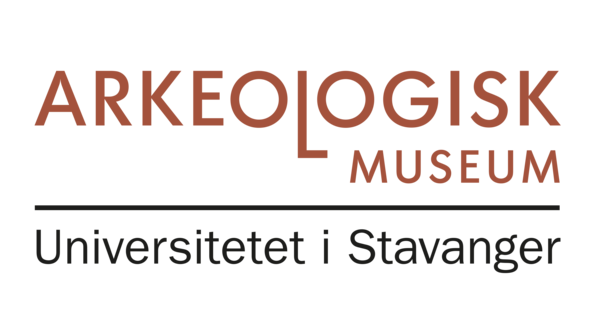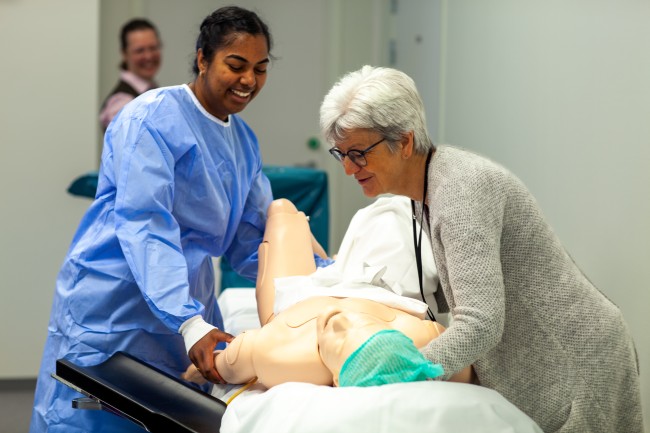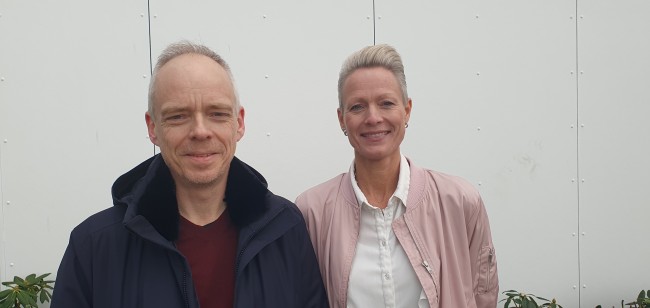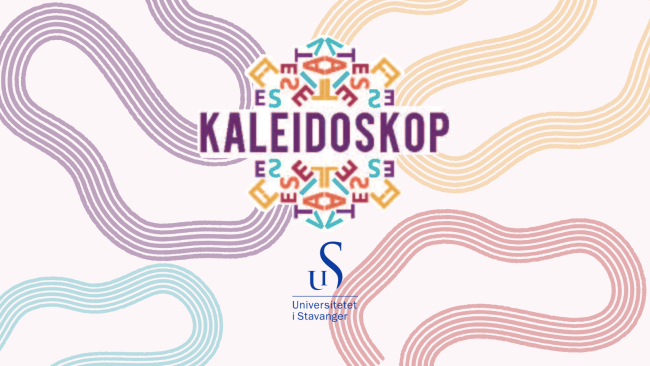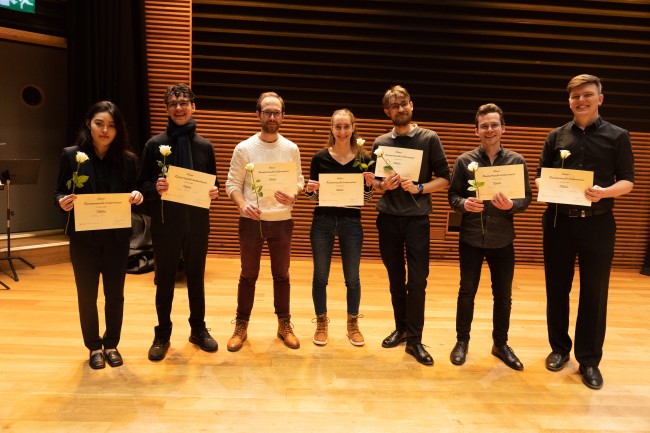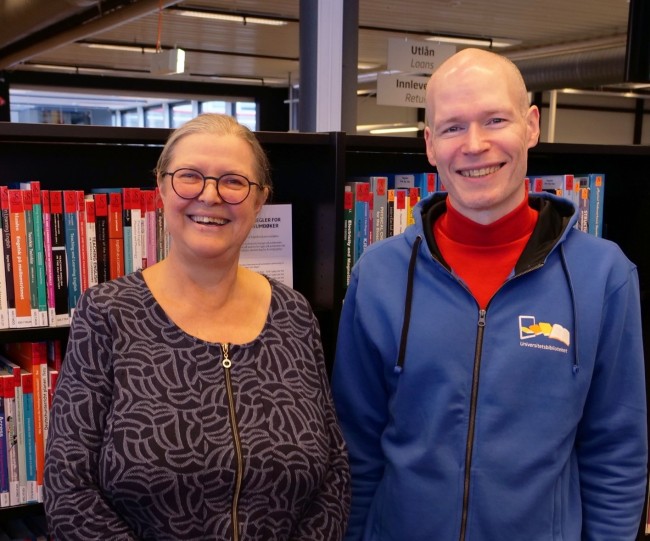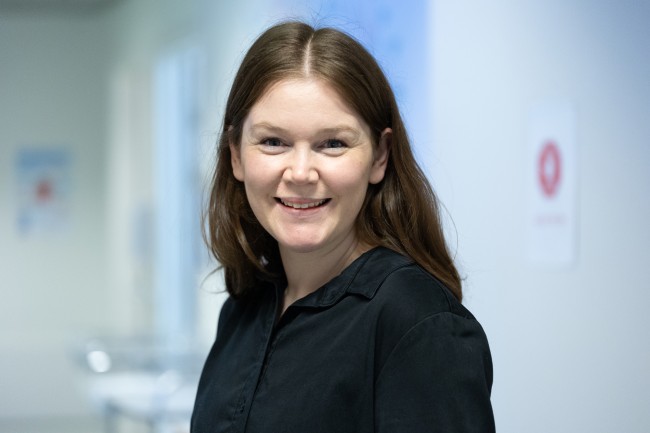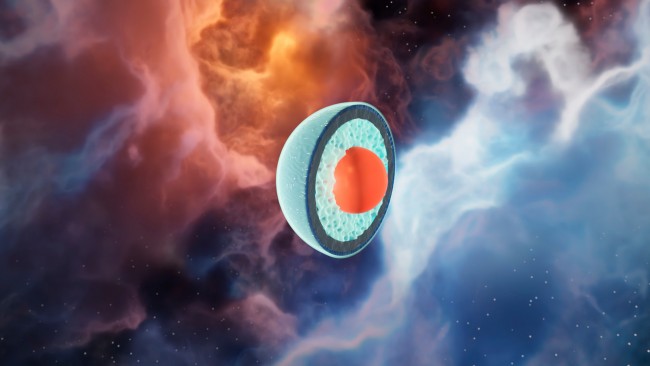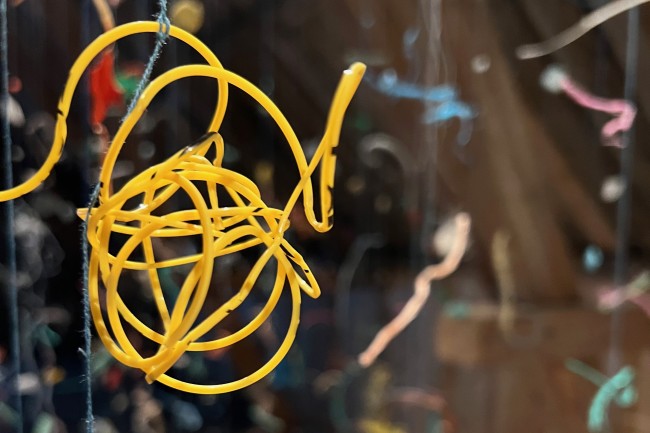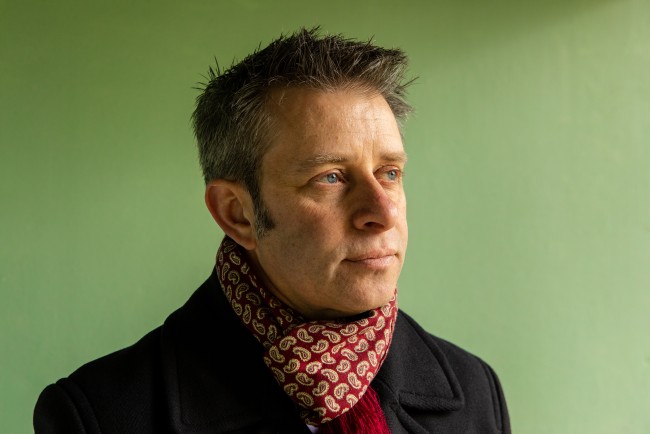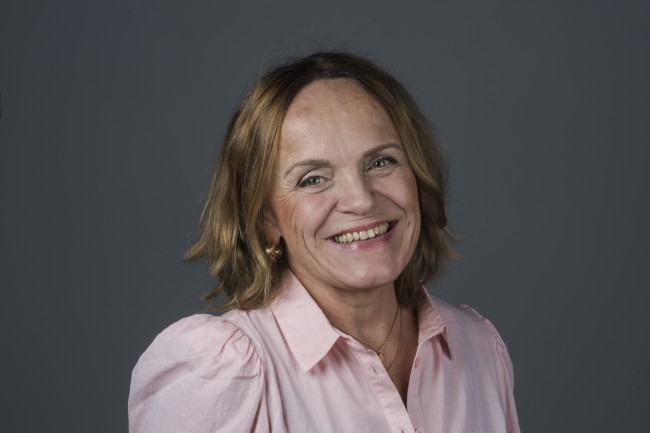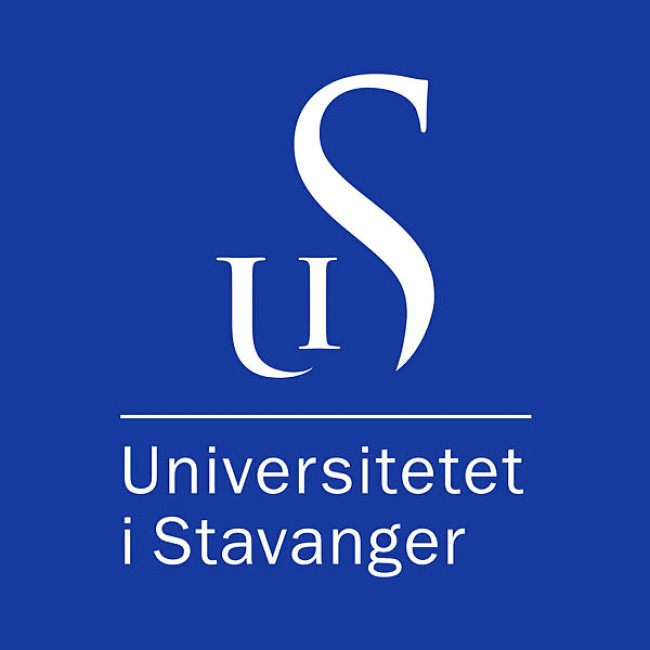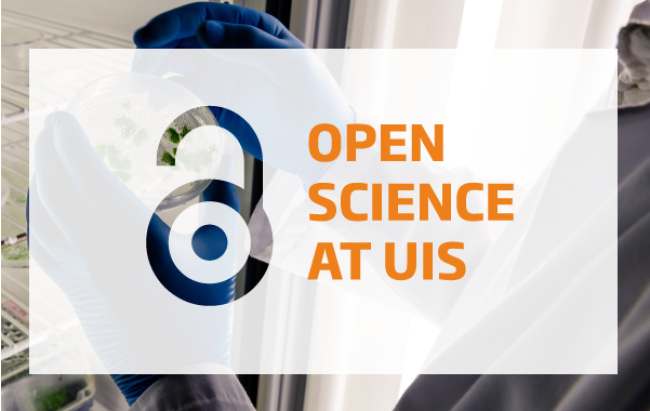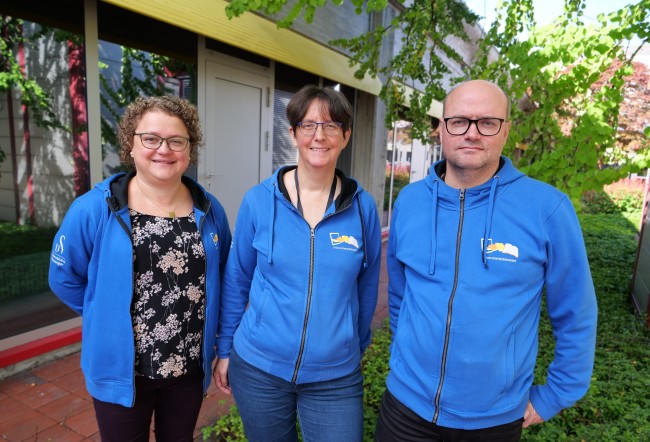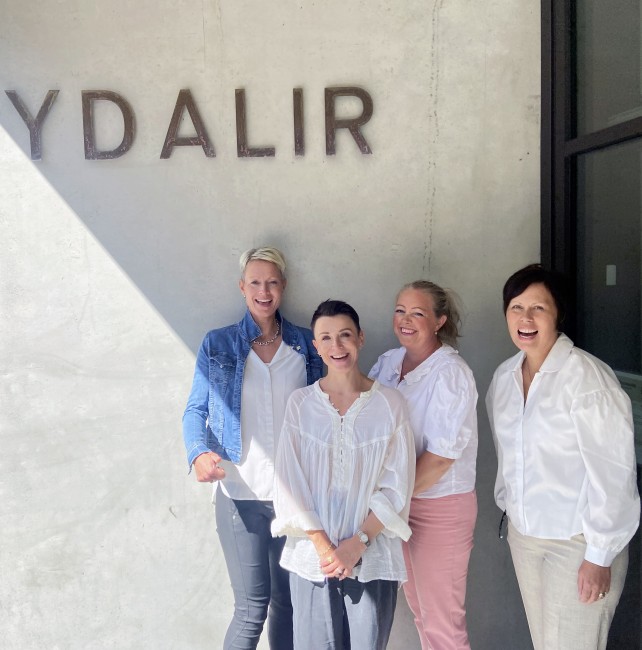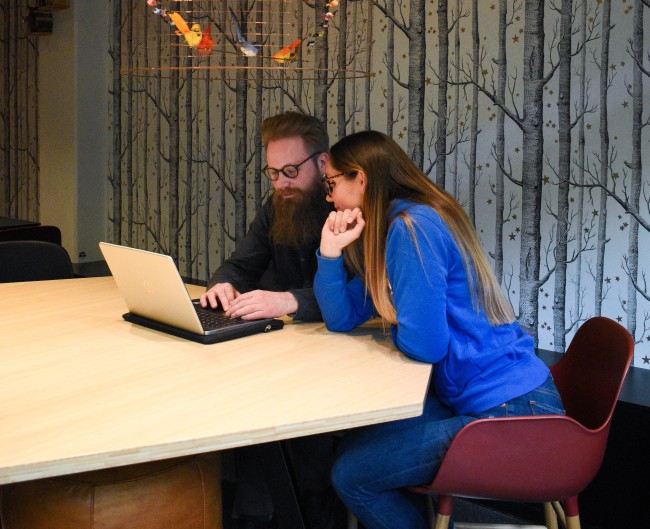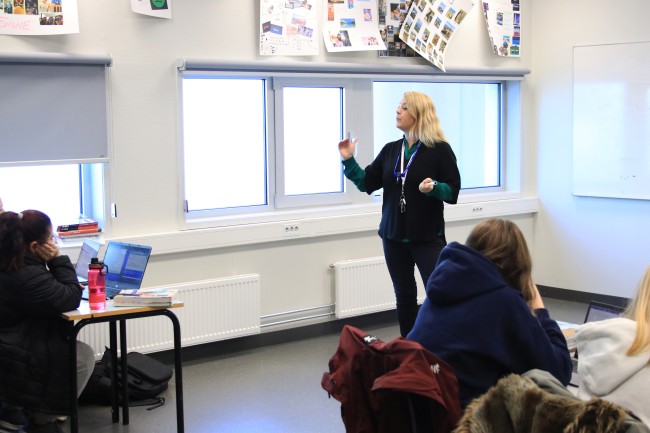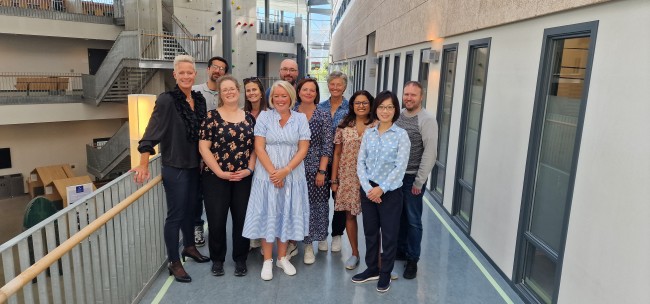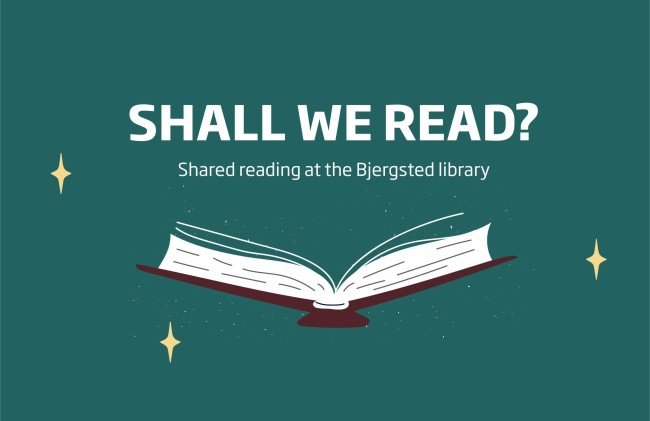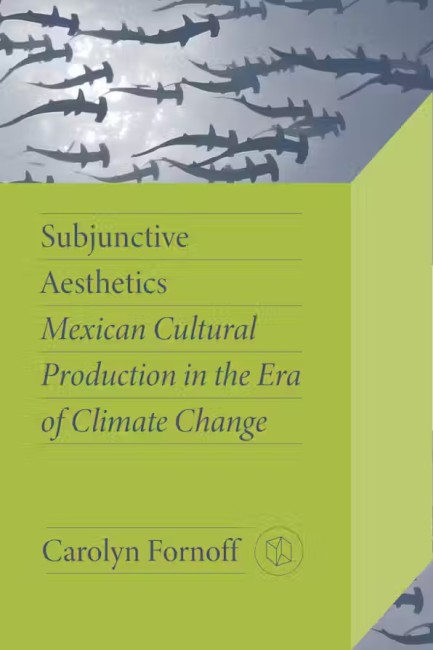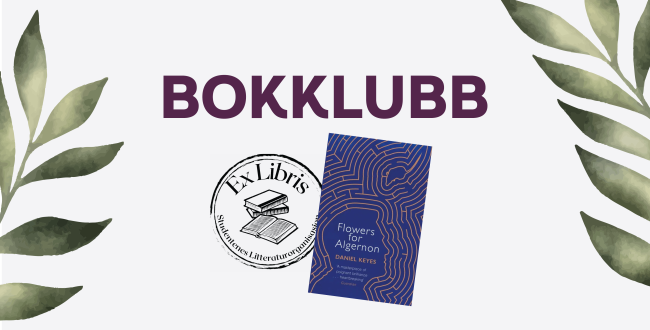Det betyr at innholdet du leter etter trolig finnes på en ny side. Vi hjelper deg videre herfra.
Hva leter du etter?
Søke etter innhold?
Søk og filtrer etter innhold fra søket vårt.
Are you looking for information in English? Please visit www.uis.no/en
Aktuelt fra Universitetet i Stavanger
Lykketreff - a meeting between students and businesses
Master's students at the Department of Media and Social Sciences have the opportunity to do an internship through an ele...
Kaleidoscope - a successful festival from the SV faculty
The SV Faculty organised Kaleidoscope for the first time this week. A great festival day with good content at Sølvberget...
Prestigious grant for research in medieval English
Professor Merja Stenroos has been awarded the most prestigious grant from the EU, the European Research Council (ERC) Ad...
PhD course: Introduction to Meta-Analysis
Registration deadline is 29 April. The course is for doctoral students, and is organized by the Knowledge Center for Edu...
Innovation projects receive seed funding from HelseCampus
Four projects which all aim to contribute to a sustainable healthcare service have been awarded seed funding from HelseC...
Ola Kvaløy Appointed to Committee on Circular Economy
The government is establishing an expert group to examine measures for reducing resource use and contributing to a more ...
Global State of Patient Safety 2023 – Supporting Leaders
At a time when healthcare is at a crossroads, the "Global State of Patient Safety 2023 – Supporting Leaders" seminar hos...
Oslo University Hospital is a new partner in SHARE
As a new partner, Section for Acute and Pre-hospital care at Oslo University Hospital strengthens research on prehospita...
Kaleidoskop - a festival from The Faculty of Social Sciences
Kaleidoskop is a festival that focuses on important events, life changes and critical perspectives. By presenting differ...
Chamber music competition 2024
Welcome to the Faculty of Performing Arts annual chamber music competition. The competition takes place on Friday 22 Ma...
Join a writing group for master's students
The library organises writing groups for students writing a master's thesis.
Sustainability research is now available to everyone
A new service that makes it easier for anyone to find and read Norwegian research related to the UN’s sustainable develo...
Doctoral thesis on how students' mindsets affect learning outcomes
Elin Svensen defended her Ph.D. in sociology, social work, culture, and society at the Faculty of Social Sciences on Dec...
New one-year program in Business and Management
Interested in trying out business studies? Now you can take a one-year program in business and management at the Univers...
What influences nurses' career choices?
Leaders who support, listen to, and value their staff are extremely important for nurses' ambitions regarding further ca...
New evidence for quark matter cores in massive neutron stars
Researchers at the University of Stavanger are now one step closer to finding out what is in the core of neutron stars. ...
Together for a Sustainable Future of Quality and Safety
SHARE - Center for Resilience in Healthcare recently hosted an international seminar titled “The future of quality and s...
New research project: What creates good cooperation between kindergartens and multilingual parents?
What factors make the relationship work well between the kindergarten and multilingual parents? A forthcoming, systemati...
Associate professor of KCE appointed new member of editorial board
Melissa Bond, associate professor 2 at the Knowledge Center for Education, has been appointed as a member of the editori...
Fire in Student accommodations
Students have been affected by the fire that occurred in the student accommodations at Stareveien in Sandal Sunday, Dece...
Gathering International Researchers at Sola
SHARE – Center for Resilience in Healthcare at UiS is hosting Resilient Health Care Society’s summer conference at Sola ...
Researching the unnoticed connections between petroculture and cultural heritage
Professor Dolly Jørgensen has won funding to research the links between cultural heritage and petrocultures and their co...
Renowned archaeologist David Wengrow holds the first Henrik Steffens Lecture
The University of Stavanger is proud to announce the launch of a new annual lecture series, the Henrik Steffens Lecture....
Students competed for the best consulting report.
Once again this year, students in the course "Economics of Motivation" had the opportunity to work as consultants in t...
New rights retention strategy gives researchers greater rights
The University of Stavanger has introduced a new rights retention strategy for employees in order to achieve the goal of...
ECIU University issues e-sealed micro-credentials
In a historic European first, the European university alliance is rolling out centralized, tamper-proof micro-credential...
UiS stands in solidarity with the victims of the war in the Middle East
Statement from Rector Klaus Mohn and the academic community at the University of Stavanger.
The library answers your questions on Open Science
Assuring free access to scientific findings is the essence of Open Science. There are multiple ways of opening your rese...
They help hundreds of researchers each year
Elin, Linda, and John David at the Stavanger University Library are passionate about research being open and transparent...
Organizes seminar on the future of quality and safety in healthcare
SHARE – Center for Resilience in Healthcare is hosting an international seminar titled “The future of quality and safety...
Seed Funding – Green Transition 2024
In order to increase cross-faculty research collaboration and boost green transition topics within the education offered...
UiS must cut costs - does it affect me as a student?
The University of Stavanger does not escape cuts and tougher economic conditions. But as a student, you should hardly no...
Teaching students how to use AI
Acquiring proficiency in AI technology will be pivotal in the future job market. At the University of Stavanger Business...
New offer for students with Norwegian as a second language
Students who have Norwegian as a second language will now be offered extended academic guidance during their first semes...
Will study children's cognitive functioning with low-magnetic MRI machine
A portable, low-magnetic MRI machine gives researchers an indication of whether a child is going to follow typical or at...
Combining art and science in a film project on the ethical challenges of the Green Transition
The artist Hans Baumann has received a Fulbright-scholarship to spend four months at the University of Stavanger working...
Drama is key to succesful longterm collaboration
Even with travelling restrictions during the pandemic and troubled times in Nablus and the West Bank; The Erasmus+ excha...
A research project to make teaching more engaging
Teacher Olaug Ueland receives feedback on her teaching from a personal coach. The goal is to make interaction with the p...
Det skjer på UiS
Shall We Read? Shared Reading at the Bjergsted library
Mon. 22.04.2024
11:30-12:00
Greenhouse online environmental humanities book talks series: "How the earth feels" by Dana Luciano
Mon. 22.04.2024
16:00-17:00
Centre for application driven AI: energy, health and education
Tue. 23.04.2024
13:00-16:00
Caring science - the heart of multi-professional care
Wed. 24.04 08:00
thu. 25.04 14:30
Multispecies Histories: Perspectives from Finland
Wed. 24.04.2024
14:15-15:30
Introduction to Asset Performance Forecasting
Thu. 25.04.2024
09:00-16:00
Centre for Innovation Research Seminar: The long-term impact of church activity on social capital – lessons from post-war Czechoslovakia
Thu. 25.04.2024
12:00-13:00
Cell migration and morphogenesis in viscoelastic matrices
Fri. 26.04.2024
11:00-12:00
Greenhouse online environmental humanities book talks series: "Silicon Valley and the Environmental Inequalities of High-Tech Urbanism" by Jason Heppler
Mon. 29.04.2024
16:00-17:00
Researcher Breakfast: Incredible Diatoms - Oxygen-Producers, Silicon-Hunters, and Carbon-Keepers
Thu. 02.05.2024
09:00-10:00
The journey from traditional to smart urban communities
Mon. 06.05.2024
12:00-13:00
Greenhouse online environmental humanities book talks series: "Subjunctive Aesthetics" by Carolyn Fornoff
Mon. 06.05.2024
16:00-17:00
UiS School of Business and Law Seminar: The Amazon Forest Fire – Export-Induced Deforestation
Wed. 08.05.2024
12:15-13:15
Recognizing and reconstructing Ochre lifeworlds
Wed. 08.05.2024
14:15-15:30
Greenhouse online environmental humanities book talks series: "The Graft Hybrid" by Matthew Holmes
Mon. 13.05.2024
16:00-17:00
Drop-in for Erasmus+ Exchange autumn 2024
Wed. 15.05.2024
10:00-14:00
UiS School of Business and Law Seminar: Explicit Gender Discrimination
Wed. 22.05.2024
12:15-13:15
"Waterscapes in Literary Education": Panel Discussion
Wed. 22.05.2024
14:15-15:30
Book club – Flowers for Algernon by Daniel Keyes
Wed. 22.05.2024
18:00-20:00
Greenhouse online environmental humanities book talks series: "Climate Change and International History" by Ruth A. Morgan
Mon. 27.05.2024
10:00-11:00
UiS School of Business and Law Seminar: The creation and diffusion of knowledge – Evidence from the jet age
Wed. 29.05.2024
12:15-13:15
UiS School of Business and Law Seminar: What Drives Media Bias?
Wed. 05.06.2024
12:15-13:15
